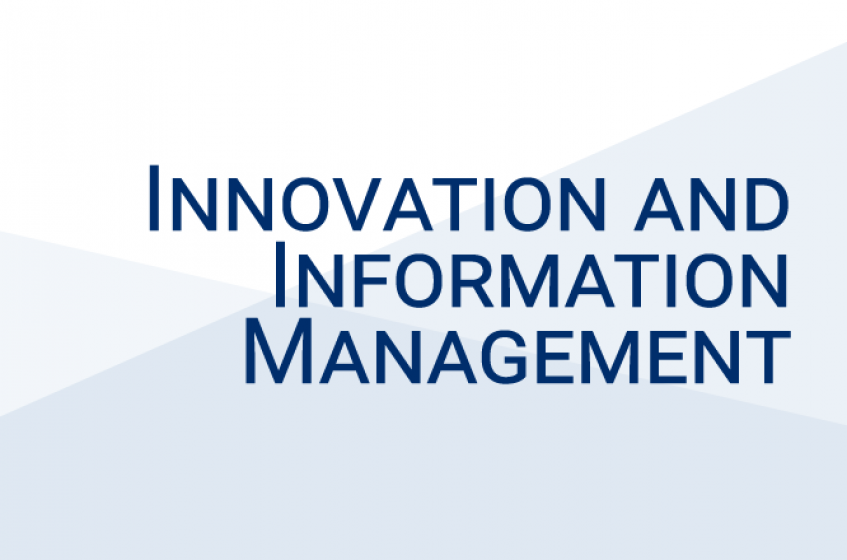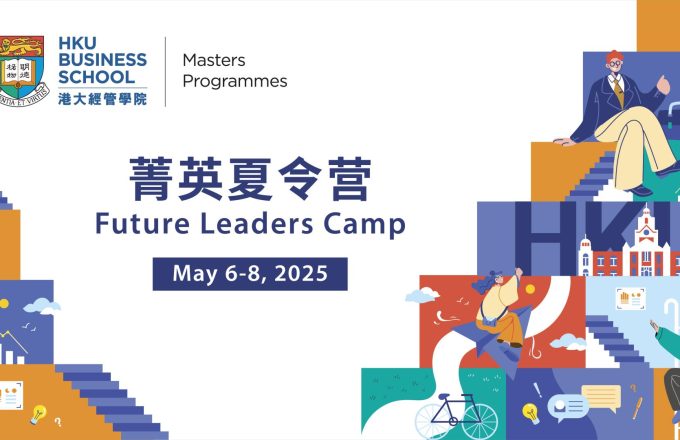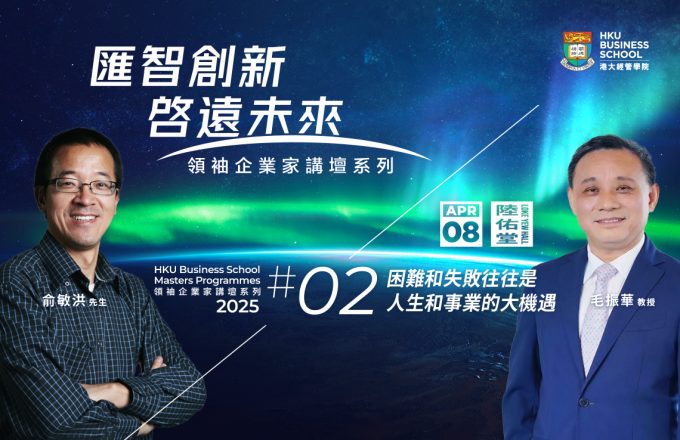
“Technology Restriction and Demand Shifts in Transportation Dynamics: An Empirical Study” by Ms. Kyungsun (Melissa) Rhee
PhD Candidate in Information Systems
Michael G Foster School of Business
University of Washington
Considering that taxi drivers are also TNC (transportation network companies, i.e. Uber or DiDi) drivers in Shanghai, the government introduced a policy in regard to taxi drivers to restrict their apps usage during certain hours and to prevent the screening of passengers. By leveraging a natural experiment setting with exogenous policy shock, we investigate the economic impact of such a technology restriction on the overall use of taxis and other transportation systems, thus, how it reshapes overall transportation dynamics. We ultimately examine whether restricting taxi drivers’ apps usage provide fair chance to the passengers without harming themselves. We present three main findings. First, we identify a significant decrease in the total number of taxi transactions. Interestingly, this induces longer travel distances per taxi trip, depriving other passengers of an opportunity to take a taxi. Second, the restriction simultaneously increases demands for alternative transportation systems, i.e., public transportation and private vehicles. Moreover, there is an increase in the use of both taxis and alternative transportation systems when there is no technology restriction. Third, the restriction results in a reduction in public welfare by increasing the level of traffic congestion. From an academic perspective, we contribute to the information systems literature by providing the first empirical evidence regarding whether information generated form TNC services is beneficial to the passengers, drivers and the macro-level transportation environment. In practice, we highlight how information technology should be should be considered in the regulation of TNC services.







